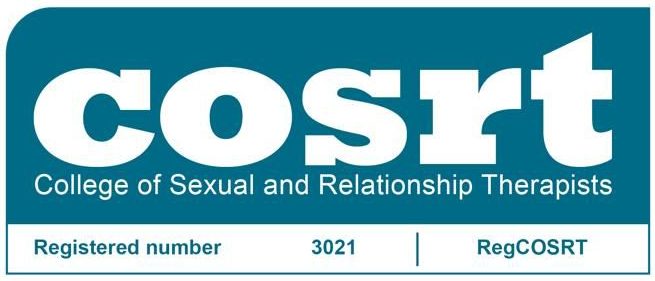Email therapy, or email counselling, is therapy delivered over email. It is enormously beneficial for clients who would rather not talk or appear on camera, struggle to find a time they can commit to every week, or just find writing preferable to speaking out loud.
If you’re interested in receiving email therapy, it’s important to work with a qualified practitioner. I have been trained to deliver email therapy by Email Counselling Academy, a GSRD and neurodiversity affirming training provider.
How does email therapy work?
Just like face to face and online therapy, once a week you write an email to me, and once a week I write a response. This is a confidential, secure and connecting way of accessing therapy with a qualified therapist.
We send each other up to 500 words, by an agreed date and time each week. When I’ve received your email, I take two working days to reflect, process your writing and write my reply. You’ll receive my response by our agreed date and time.
Like online and face to face therapy, writing your email requires a confidential space where you won’t be interrupted. I encourage email therapy clients to find an hour a week to write their email, and thirty minutes to read my response. Unlike online or face to face therapy, you can write your email and read your response at any time that works for you.
Who is email therapy for?
Email therapy is ideal for anyone who likes the idea of writing to a therapist, rather than speaking to them directly. You can even have a mix of online and email therapy sessions. However, if you aren’t sure whether email therapy could work for you, you’re welcome to give it a try.
Once we’ve agreed to start email therapy, we begin with an introductory session, which is one exchange of emails between us. This is so I can ensure that I’m the right therapist for you, and for you to get a feel for what it is like to write to me and receive a response.
Please note that I’m unable to offer intimate partners, couples and other relationship therapy clients email therapy, due to the fact that this involves more than one client.
What about security?
Just like online therapy and face to face therapy, I take the confidentiality of my email therapy sessions very seriously.
I am registered with the ICO (Information Commissioner’s Office) as a Data Controller, and use a ProtonMail account for my email therapy clients. This is a secure and encrypted email service. It is essential that you create a ProtonMail account in order to receive email therapy; you can do this for free.
How do we start?
If you’re interested in starting email therapy, send me an enquiry via my contact form. I’ll then send you my therapy contract, and we can set up an introductory email therapy session.

